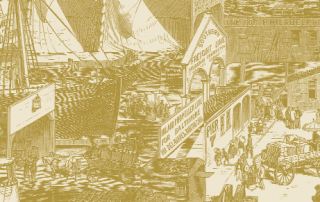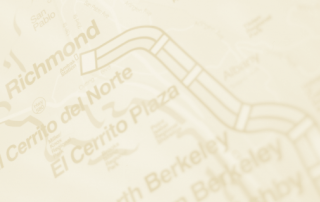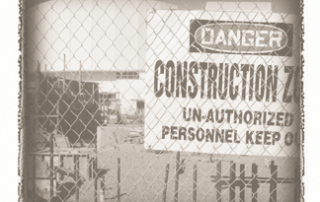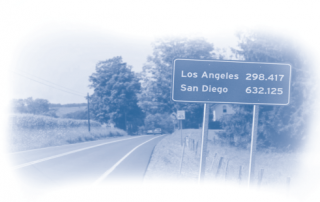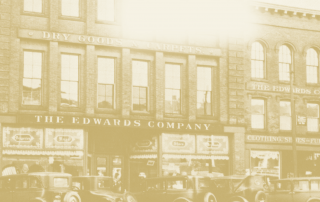ACCESS 20, Spring 2002
Introduction: Nobel Prize
Melvin M. Webber
Back in the early '70s, a group of us at UC Berkeley got together to conduct the BART Impact Studies. BART was soon to begin operations, and we were out to capture baseline data that would allow later appraisal of the system’s outcomes. No metropolitan area had built a new subway system since the 1920s. There we were, living in the midst of a huge de facto natural experiment, so we felt obligated to observe it, measure it, and attempt to evaluate its effects.
BART had been planned to help strengthen the central city and to reorganize the suburbs. Its planners expected it to reshape land markets and reduce urban sprawl, to entice commuters from their cars and thus relieve traffic congestion, and to increase accessibility and thus promote economic development. In response to so broad an agenda, our research team was a multidisciplinary mix of city planners, transportation engineers, economists, psychologists, and no doubt others.

